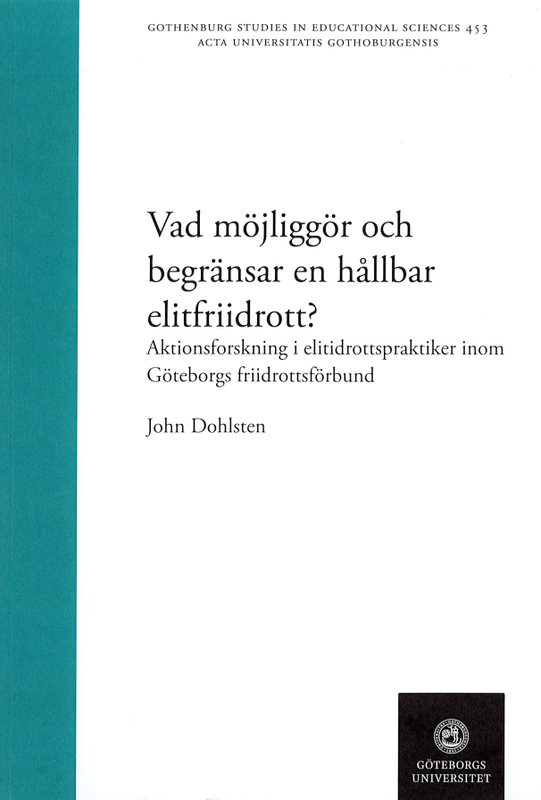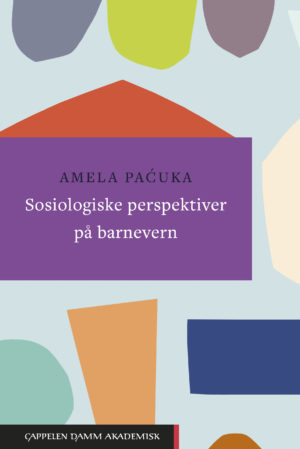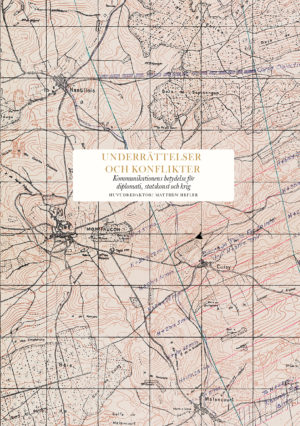In athletics, there are few strategies for detecting and managing ill health and poor well-being. New innovative collaborations are needed for coaches to meet the challenge of promoting health and creating well-being among athletes while developing top performers. This research explores the conditions for coaches’ professional development to develop a more sustainable elite sport. In addition, this study problematizes the coaches’ development work towards a more sustainable elite sport in Gothenburg athletics. The thesis consists of several theoretical perspectives. The theory of practice architecture and ecologies of practice are used as overarching theories to identify, understand, and describe how coaches develop. Careership theory is used to explore professional development. The theoretical concept of sustainability, the theory of ethics of care and practical wisdom are used to explore a deeper understanding of sustainability. The thesis is based on an action research project where the data are produced from semi-structured interviews, focus group interviews, meeting recordings, observations, and logbook notes. The results show that coaches’ professional development for creating a more sustainable elite sport takes place while reflecting with other coaches about their coaching role and their lack of knowledge. The results also show that focus on holistic perspectives and long-term processes on athletes’ development enabled the athletes to develop and perform. However, there were no structures, requirements, or support for the athletes or coaches to prioritize long-term goals over short-term goals. The coaches’ meeting practice became a forum for professional development through cooperation although the coaches’ own drive to develop the practice was constrained by the fact that there was no support from the clubs for this organized professional development. Furthermore, the results also show that the coaches expressed an ambition to develop more knowledge to be able to work towards a more sustainable elite sport, but were constrained by unclear requirements as a coach and by their athletes’ focus on results.
Parts of work
I. Dohlsten, J., Barker-Ruchti, N., Lindgren, E-C. (2020) Caring as sustainable coaching in elite athletics: benefits and challenges, Sports Coaching Review, 9:1, 48-70.
II. Dohlsten, J., Barker-Ruchti, N., Lindgren, E-C. (2020) Sustainable elite sport: Swedish athletes voices of sustainability in athletics, Qualitative Research in Sport, Exercise and Health.
III. Dohlsten, J., Rönnerman, K., Lindgren, E-C. How practice architectures enable and constrain Swedish elite athletics coaches organized meetings. Resubmitted.







